Facilitators go on journeys, too!
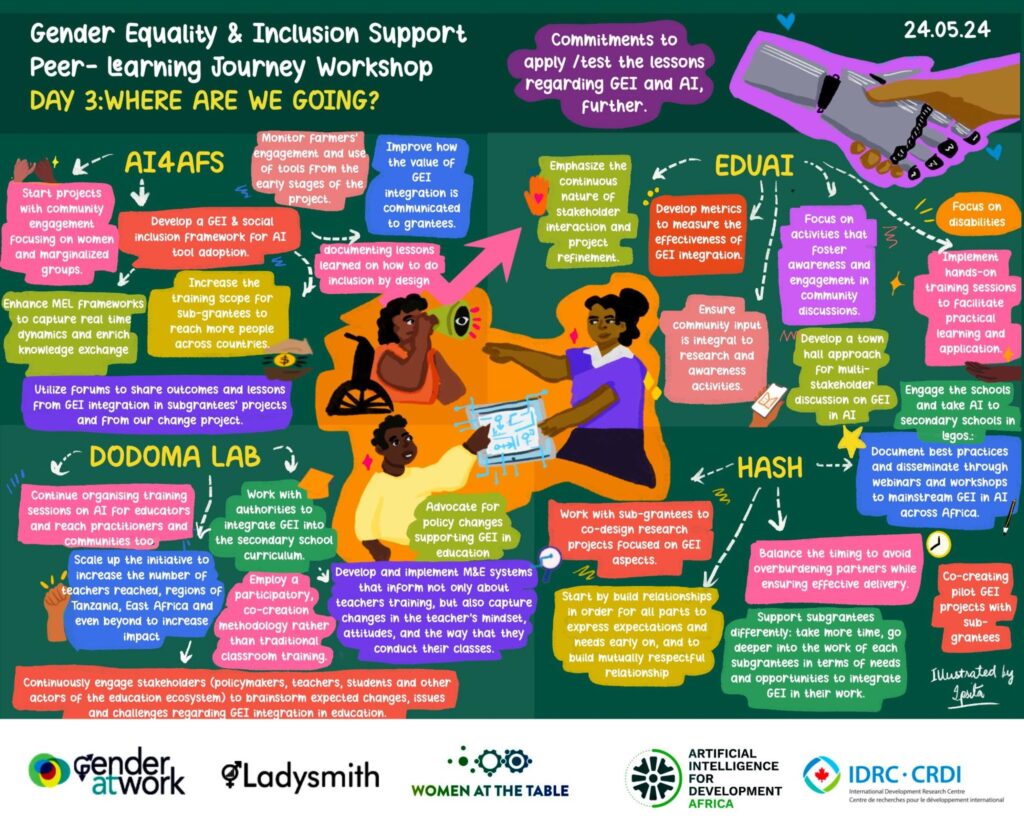
This is the final blog in the “Keeping the light on: Reflections on GEI and AI in Africa” series. The writing from this series emerged from a “writeshop” organized by […]
My Journey: a short reflection on my PLJ/GEI path
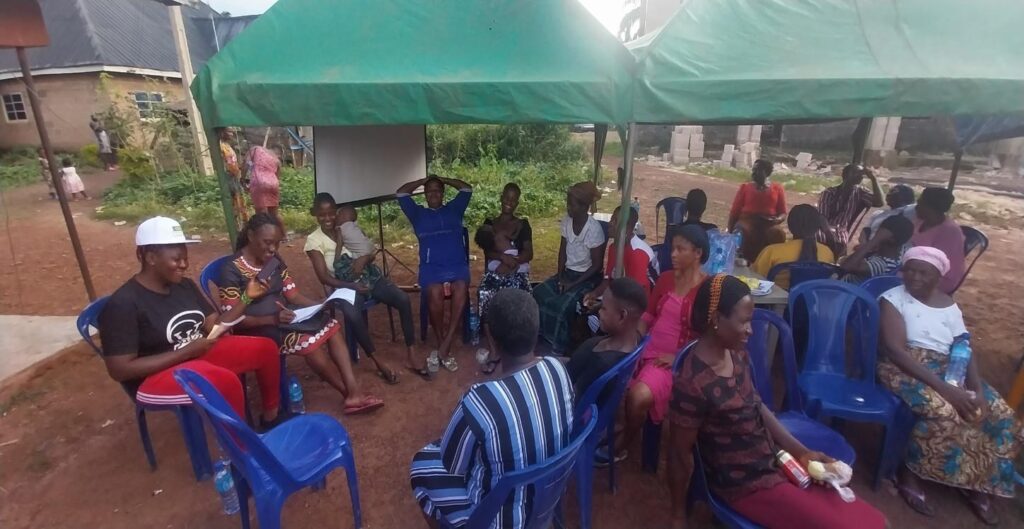
This is the sixth blog in the “Keeping the light on: Reflections on GEI and AI in Africa” series. The writing from this series emerged from a “writeshop” organized by […]
Putting myself in the shoes of another
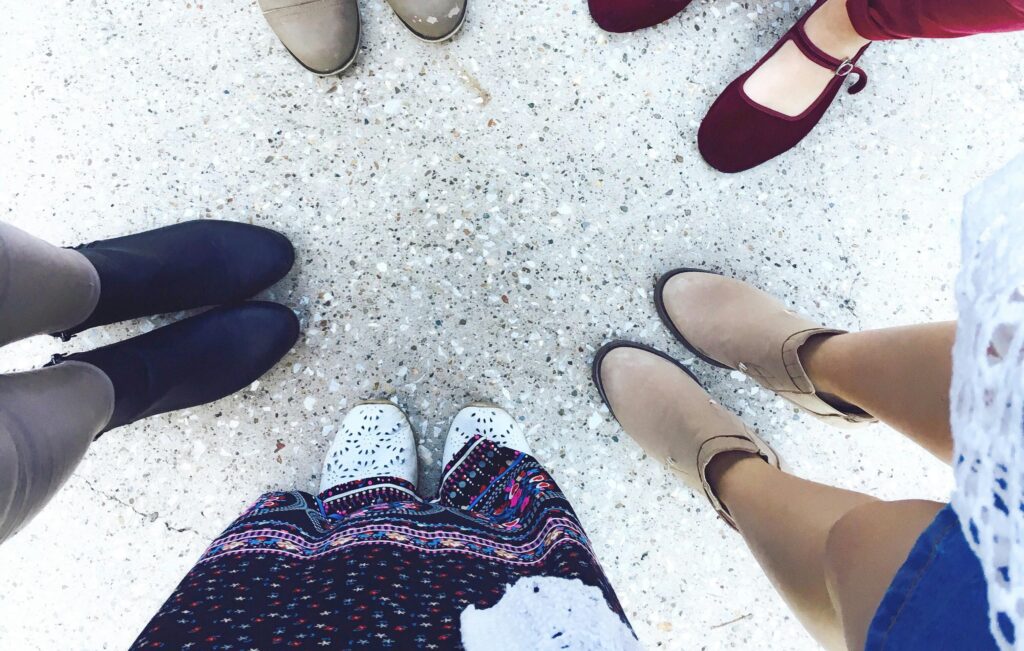
In this fifth blog in the “Keeping the light on: Reflections on GEI and AI in Africa” series, Dr Elizabeth Oseku, project coordinator for the Hub for Artificial Intelligence in […]
Integrating gender equality and social inclusion in my AI4D Research journey

In this fourth blog in the “Keeping the light on: Reflections on GEI and AI in Africa” series, Gloriana Monko, an avid AI practitioner, PhD researcher and Liaison Manager/Gender Coordinator […]
I felt a light shine on me: my GEI AI4D integration journey

In this third blog in the “Keeping the light on: Reflections on GEI and AI in Africa” series, Thummim Iyoha-Osagie, a Lawyer, PhD Student, and Research Program Manager at the […]
Misconceptions and divides: my previous experience with GEI integration in research

I used to perceive gender equality and inclusion (GEI) as a concern only for those at higher levels of power, such as political and corporate leaders, research scientists and others. I also assumed it applied to situations where gender balance is emphasized if not mandatory, such as in academia when considering postgraduate student enrollment. My misconception may have been due to so much campaigning about GEI integration at these levels, particularly the rule in African parliaments that no more than two thirds of its members may be of the same gender.
What does it take to achieve integration of gender equality and inclusion (GEI) in AI4D research?

While AI is a compelling tool for research, the reality of implementing AI fairly and equitably is more challenging. Discover how we are addressing this through the AI4D project.
Episode 28: Are Feminist Foreign Policies Actually Feminist?
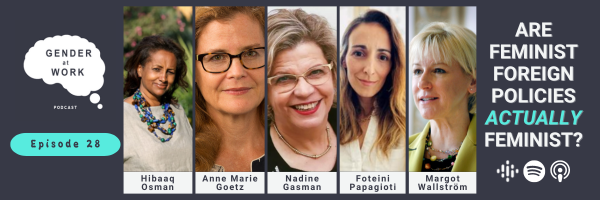
Episode 28: Are Feminist Foreign Policies Actually Feminist? In this episode of the G@W podcast, we delve into Feminist Foreign Policies and look at some of the opportunities, challenges and […]
Episode 27: Gender Apartheid – Help or Hindrance?

Episode 27: Gender Apartheid – Help or Hindrance? Many feminists around the world believe that there is a war on against women and some are calling it “gender apartheid”. The […]
Episode 26: The Femilemmas of Allyship – Voices from Beirut
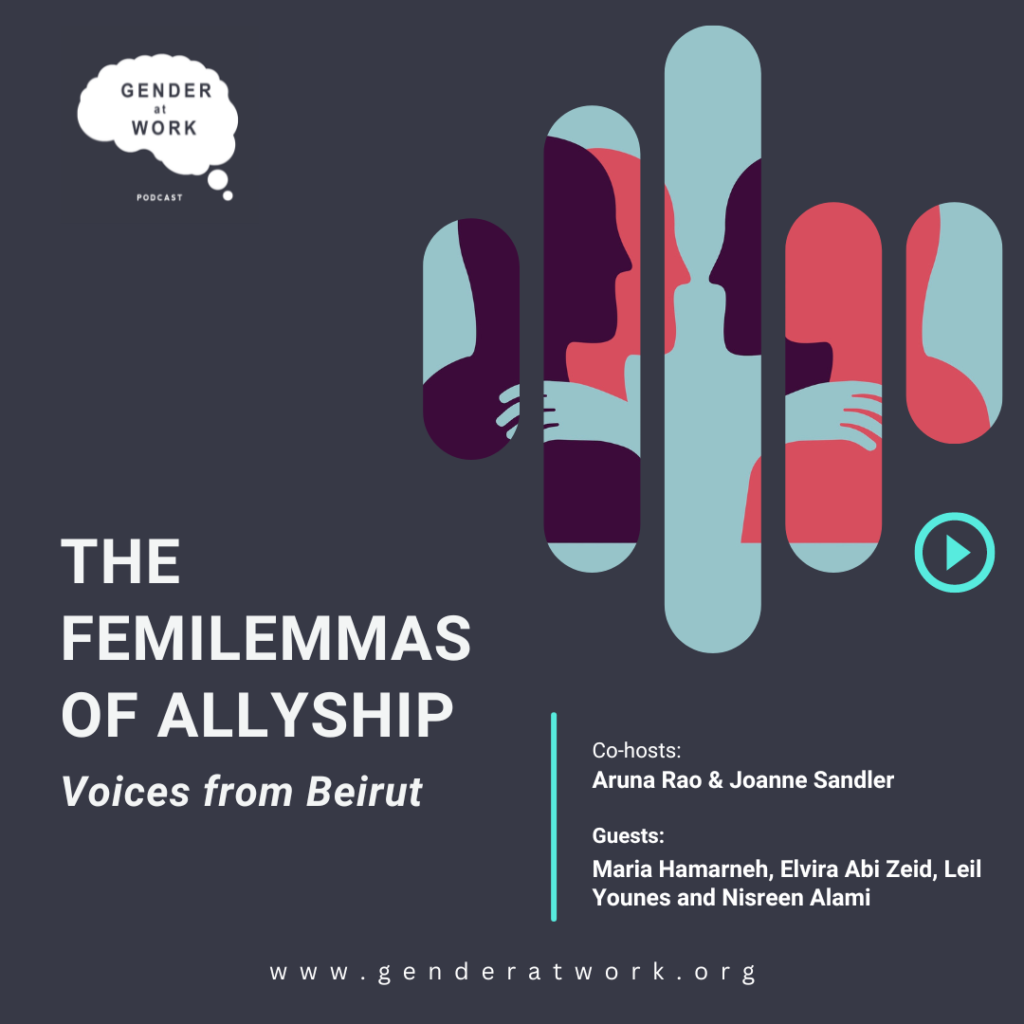
Episode 26: The Femilemmas of Allyship – Voices from Beirut In this episode, three graduate students from the American University of Beirut, Maria Hamarneh, Elvira Abi Zeid and Leil Younes, […]
